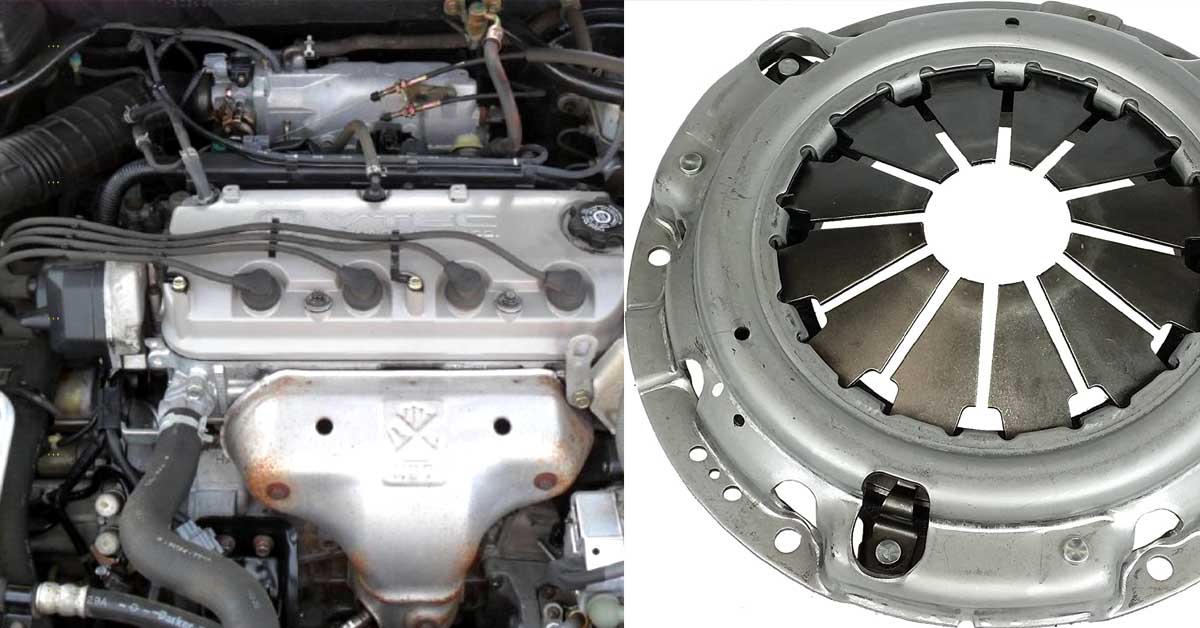If your Honda Accord is having clutch problems, it’s not alone. In fact, there are quite a few complaints about the 2000 Honda Accord clutch on various websites. The problem seems to be most prevalent in manual transmission models, but there have been a few reports of automatic transmission models experiencing clutch problems as well.
Most of the reports seem to indicate that the clutch problems start to occur around 80,000 miles. Some people have had to replace their clutch as early as 50,000 miles, while others have been able to get by with just replacing the clutch fluid.
There are a few different theories as to what is causing the clutch problems. Some people believe that it is simply a matter of wear and tear, and that the clutch on the 2000 Honda Accord is not designed to last as long as the clutch on other vehicles.
Others believe that the problem is caused by a manufacturing defect. This theory seems to be supported by the fact that there have been a number of reports of Honda dealerships replacing clutches for free, even if the vehicle is out of warranty.
If you are experiencing clutch problems with your 2000 Honda Accord, you may want to take it to a dealership for a free inspection. If the problem is found to be a manufacturing defect, you may be able to get your clutch replaced for free. Even if the problem is not covered by warranty, the dealership may be able to give you a discount on a new clutch.
Symptoms of Problematic Honda Accord clutch 2000
There are several problem symptoms of a Honda Accord clutch, 2000 model year, which include:
1. The clutch pedal feels “soft” or spongy when depressed.
2. The clutch pedal may sink to the floorboard when depressed.
3. The engine speed will increase but the vehicle will not move when the clutch is engaged.
4. There may be a grinding noise when the clutch is engaged.
5. The vehicle may lurch or jerk when the clutch is released.
2000 Honda Accord clutch replacement process
The process of replacing a clutch in a 2000 Honda Accord is not a difficult one, but there are a few things to keep in mind. First, the vehicle will need to be raised up on jack stands in order to gain access to the transmission. Second, the old clutch will need to be removed, which can be done by disconnecting the clutch cable and then removing the pressure plate bolts. The new clutch can then be installed by following the reverse of these steps.
One thing to keep in mind is that the new clutch may not feel exactly the same as the old one, so it may take some time to get used to the new feel. However, with a little time and patience, the new clutch should work just fine.
This video might help you.
2000 Honda Accord clutch replacement cost
If your 2000 Honda Accord has a manual transmission, then you’re probably well aware of how important the clutch is to the overall function of your vehicle. Unfortunately, clutches are also one of the most commonly-replaced parts on a car, and the replacement cost can be pretty significant.
If you’re wondering how much it might cost to replace the clutch on your 2000 Honda Accord, the answer will depend on a few different factors. First, it’s important to note that there are two main types of clutches – OEM and aftermarket. OEM clutches are made by the same company that made your car’s original parts, while aftermarket clutches are made by a third-party company.
In general, OEM clutches tend to be more expensive than aftermarket ones. However, they also tend to be of better quality and last longer. As such, if you’re looking for the best possible option, you’ll probably want to go with an OEM clutch.
Of course, the final cost will also depend on the specific model of your 2000 Honda Accord. Generally speaking, the cost of a replacement clutch will range from about $400 to $800. However, it’s always best to consult with a professional mechanic to get an accurate estimate for your specific car.
Replacing the clutch on your 2000 Honda Accord can be a significant expense. However, it’s important to remember that this is a vital part of your car, and it’s worth the investment to keep your car running smoothly.
